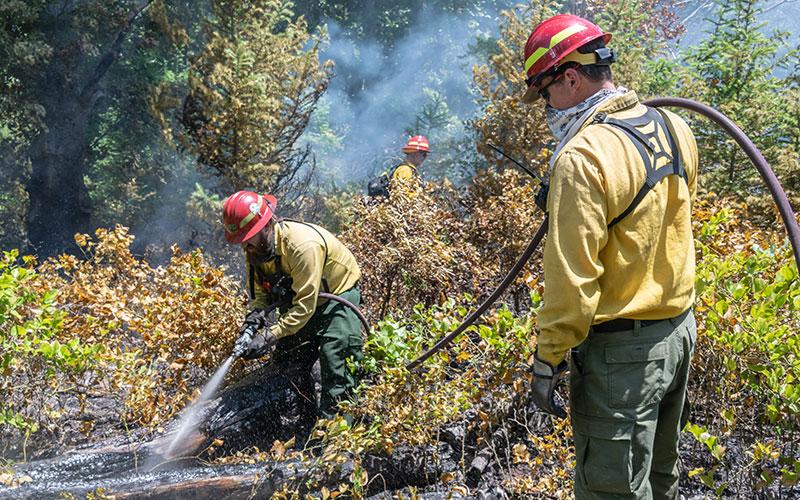Good work, Megan!
The Rhode Island Department of Environmental Management is authorized to hire additional forest rangers this year as a result of a push from Rep. Megan Cotter.
Representative Cotter (D-Dist. 39, Exeter,
Richmond, Hopkinton), who led a House study commission to identify ways to
improve forest management in Rhode Island, introduced legislation (2024-H 7258) this
year seeking funding for additional forestry staff to help the DEM effectively
manage the 40,000 acres of state-managed forest land within its purview.
That legislation led to the addition of
$180,000 for the two forest rangers in the 2025 state budget bill (2024-H 7225Aaa)
passed by the General Assembly last month. The additional rangers are to help
maintain the health of the forest, coordinate responses to forest fires and
improve the stewardship of state management areas.
“I am very grateful to my colleagues in the General Assembly for increasing support of DEM’s forestry operations. As our forestry commission looked at our state’s approach to forest management, we saw that even while we acquired more state-managed land, staffing at the Forestry Division that is in charge of it was slashed by 75 percent since 1990. We can’t possibly expect safe, effective forestry management with a fraction of the staff we need,” said Representative Cotter.
“These additional positions are a step
in the right direction, and I will continue to advocate at the State House for
strong support and protection of our forested lands. They are so valuable to
our state, and we must commit the resources it takes to maintain and protect
them from fire, pollution and vandalism.”
Representative Cotter introduced the
legislation that created the forestry study commission shortly after the 2023
wildfire that scorched hundreds of acres at the Queen’s River Preserve in
Exeter, the largest forest fire in Rhode Island since 1942.
Over the course of its meetings, the commission met with current and former forestry leaders, and learned that the forestry division employed 18 laborers, 16 rangers, seven foresters and two equipment operators in 1990.
Currently, there are three laborers, four rangers,
six foresters and no equipment operators. Those testifying said the staffing
reductions have had impacts on fire
responses, mitigation efforts, outreach, and visibility on state property to
deter abuse like vandalism and dumping.
